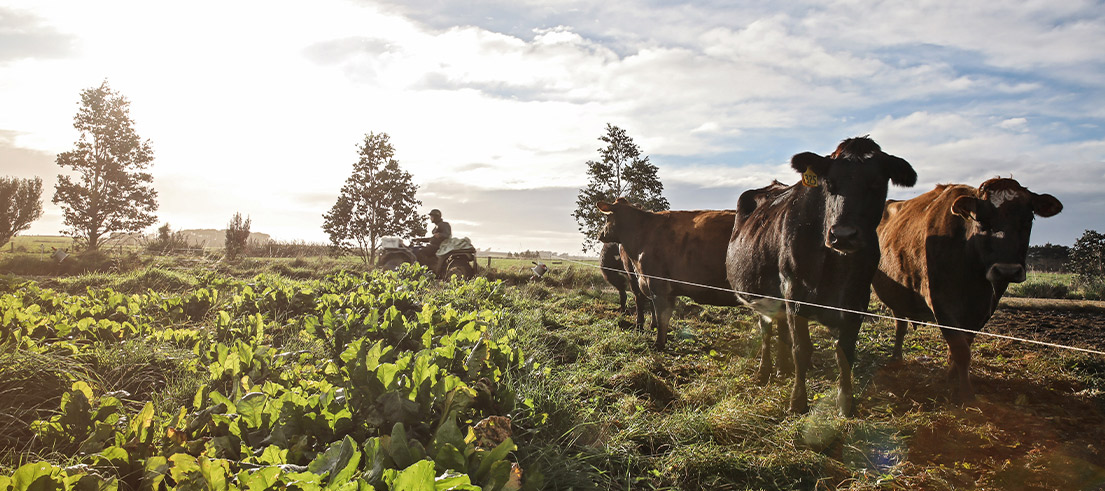
Be ready for adverse conditions when practising intensive winter grazing
Amid scrutiny on intensive winter grazing around the country, we’re looking to our farmers to lead the way in showing we know how to plan for the worst by preparing well.
Environment Canterbury Regional Implementation Lead Tami Woods said that farmers practicing intensive winter grazing need to know how to manage the environmental risks that can come about when adverse weather hits.
“Intensive winter grazing is a high-risk activity, and requires good planning,” Woods said. “Those practicing it need to recognise how to manage the risks to animal welfare, and preparing management practices to mitigate the risks of soil damage and nutrient loss.”
A warm winter expected, but weather bombs can hit at any time
While NIWA’s outlook for winter in Canterbury is for relatively mild winter weather, rainfall can be unpredictable. North Canterbury currently has high soil moisture levels, so the land’s ability to absorb rainfall may be limited.
Woods said that the environmental risks that heavy and persistent rain bring can be mitigated by having an adverse weather plan, which may involve having spare silage to feed out, or an extra runoff paddock for stock. This should work alongside general good management practices such as strategic grazing practices and protecting critical source areas or swales.
Trialling flyovers in Waimakariri district
This month, Environment Canterbury is conducting a trial flyover to look at good management practices of intensive winter grazing. It’s the first time the regional council will have taken to the skies to get a birds-eye view of winter grazing, but it’s common practice in other parts of the country.
The flight will have regional implementation staff and an industry observer onboard, and Woods said that if any follow-up is required, they will take an education-first approach.
“The trial will confirm the uptake of good management practices for winter grazing and identify if there are areas where farmers may require additional support. The learnings will help inform future use of flyovers across the region, which may become a tool for us to be confident that the appropriate environmental mitigations are being put in place,” Woods said.
Years of working with farmers showing the difference
Since the adoption of the Canterbury Land and Water Regional Plan, regional council, industry bodies and farmers have worked to mitigate the potential adverse effects of intensive winter grazing.
These measures include the use of Farm Environment Plans and audits to ensure they are appropriate and put in place.
Changes to intensive winter grazing included in the government’s Essential Freshwater package come into force this November, and Woods said that this winter, Environment Canterbury’s aim is to help with the step change between current rules and next year’s regulations.
“We’ve worked with farmers and industry bodies for years now about how to plan well for the season, so we’re confident we’ll see the good work put into practice on-farm.”
